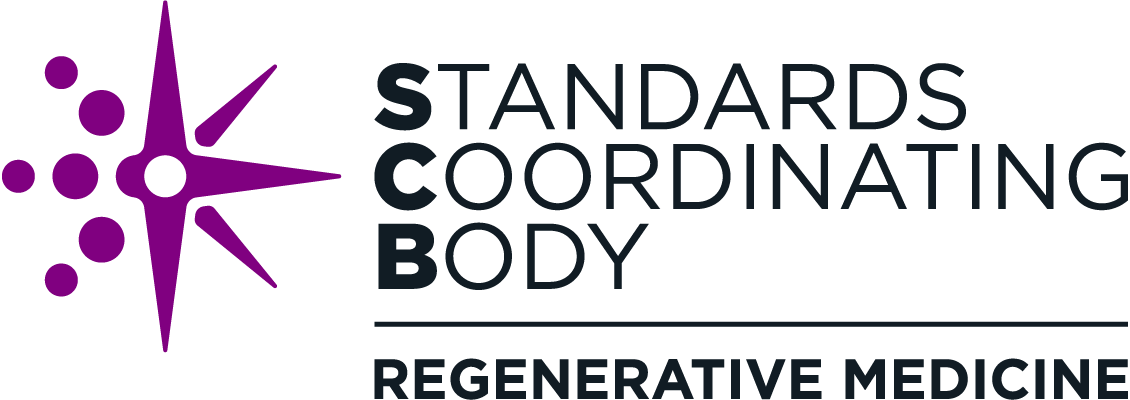FAQ: All About SCB Project Working Groups
Learn more about how you can participate in one of SCB’s working groups.
What is a working group?
How to Join an SCB Working Group
|
SCB’s standard project working groups are collaborative forums where technical experts and relevant stakeholders discuss and address standards needs identified by the regenerative medicine community. Members work together to develop outputs such as feasibility studies, standards drafts, and white papers, or coordinate data generation activities such as round robin testing.
How does SCB identify topics for working groups?
Step 1: SCB gathers feedback from the regenerative medicine community to identify and prioritize standards needs.
Step 2: The high-priority standards undergo feasibility assessments through SCB-coordinated meetings with community members to determine which are ready to move forward to standards development (e.g., have sufficient community support and technical maturity).
Step 3: SCB establishes working groups around the needs that are selected to move forward.
Learn more about the complete process in the Strengthening the Standards Development Process brochure.
Why is it valuable to participate in a working group?
By participating in a working group, you can:
Have a say in standards to ensure they accommodate your organization’s specific needs
Participate in pre-competitive knowledge sharing that can help the industry innovate more rapidly
Accelerate the availability of standards that can simplify regulatory review of new products and enable more efficient and cost-effective product development
Who can join a working group?
Working group members typically include anyone who may be impacted by the standard or who has relevant technical knowledge to inform standards development. These groups include but are not limited to:
Regenerative medicine product developers (e.g., manufacturers of cell therapy, gene therapy, and tissue engineering products)
Industry suppliers (e.g., raw material provider, equipment manufacturer, product component developer, or service provider)
Contract development and manufacturing organizations (CDMOs)
Researchers or representatives of academic institutions
Healthcare providers or clinicians
Regulators (e.g., FDA) and non-regulatory government agencies (e.g., NIST)
SCB seeks to establish working groups that are representative of the stakeholder groups that an individual standard area will impact. Periodically SCB invites stakeholders with specific expertise areas to join working groups when they recognize a need for particular input, though members aren’t limited to these areas.
How does membership work?
Participants are volunteers and may choose to participate either as an individual or as a representative of their company. There is no cost for participation. If the working group you join requires standards developing organization (SDO) membership to view in-progress standards drafts, SCB will guide you through the process of joining the relevant SDO.
How much time and effort is required?
The level of commitment is flexible; joining a working group call can be a great way to get a feel for how the standard advancement process works and help you decide whether you want to become more deeply involved. As a working group member, you can attend the meetings that work with your schedule and can choose whether to volunteer for tasks that extend outside of meeting times (e.g., drafting standard content). Most working groups meet via 1-hour teleconference 1–2 times per month, though meeting frequency may vary depending on the stage of the standard project.
What happens during working group meetings?
Typically, you will participate in planning and discussion of the standard or pre-standard output (e.g., white paper) and share your experiences and challenges relevant to the standard topic. You may be invited to contribute to drafting and revisions as the standard progresses.
What role does SCB play in the working groups?
SCB is a nonbiased organization that helps make it easier for busy professionals to participate in the standards development process. By facilitating working group discussions, SCB structures the meetings to make the best use of participants’ time, ensuring that working group members have an opportunity to share their perspectives. In addition, SCB helps guide standards to SDOs for development and handles standards development procedural steps (e.g., submission of standard drafts and collation of comments) on behalf of working group members.
How can I join an SCB working group?
Identify the working group you’d like to join
Contact SCB with the name of the working group and any other questions
Review the SCB Working Group Policy to learn more about expectations for working group members
